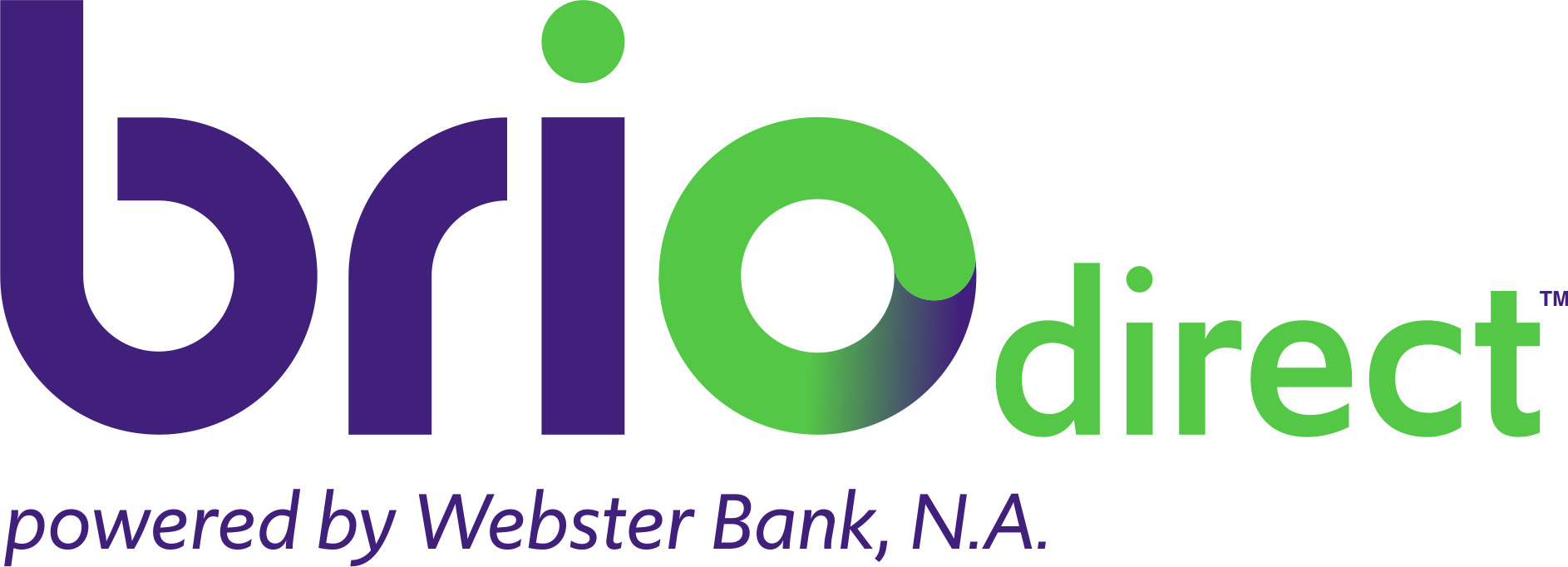
Published on: November 21, 2022
By: Webster Bank
10 Tips for Safer Online Shopping
The holiday shopping season is upon us and that means keeping your identity and your finances safe from prying virtual eyes. You likely have trusted sites bookmarked. You probably feel confident sharing your name, address, credit card numbers, expiration dates, and cvv codes online. But should you? The truth is you never can be sure who’s watching. So, we’re watching out for you with 10 tips for safer shopping online.
Look for the lock. Look for “https”
You’ve seen the pop-up. It’s ominous: “This site is not secure.” You likely want to steer clear of un-secure merchant sites. How do you know the difference? Look at the beginning of the web address; the “http://” part. Look for “https…” where the “s” stands for “secure”. That means safer online shopping.
Shop at familiar stores
Just as you have your favorite restaurants, supermarkets, and coffee shops, you likely have several “go-to” online merchants. You’ve had good experiences. You’ve made simple returns. You may have even written 5-star reviews. So, stick with them this holiday season. And, while you’re doing your safer online shopping, maybe get yourself something nice, too.
Choose strong passwords
Some people’s passwords can be easily guessed — and exploited; kids’ names, birthdays, pets’ names, even “password.” Using your social media footprint, hackers can make educated guesses and get past your protections. So go with “recommended” passwords — they can be long and unwieldy, but they are safer — or create your own password that only you will understand. Enjoy your safer holiday shopping.
Block pop-ups
Depending on the internet browser you are running, you may have a built-in pop-up blocker. Google Chrome, for instance, automatically blocks pop-ups from appearing on your screen. Generally, pop-ups are just annoying; a familiar nuisance associated with online shopping. But the reality is browsers can “sniff” your activity and serve ads as pop-ups. They’re generally not dangerous, though some can contain malware. Search “pop-up blocker” for more information and to help keep your online shopping safer.
Protect your personal information
Just as in real life where you keep your personal information from strangers, it’s even more important to keep your precious data protected — to keep your online shopping safe. Only provide what is required.
Check the return policy and customer service information
If you do need to stray from your established, trusted online merchants this holiday season, read the small print. Are all sales final? Do returns mean money back or store credit? Can you do exchanges in person? Over the past several years, major online retailers have made returns easy and customer service a pleasure. Don’t be lulled into thinking all sites are the same.
Check your bank statements regularly
Online banking and automatic bill payment have made the past decade-plus a pleasure for online shoppers. It’s so convenient, in fact, that many folks simply “set it and forget it” and assume everything is above board. But what is convenient for the legitimate shopper has also opened doors for thieves. Always review your bank statements to ensure there are no unauthorized purchases. BrioDirect makes it easy with our Mobile Banking app. You’ll see snapshots of your latest activity and be able to track your spending and budgets. If there are any unknown or questionable transactions, immediately dispute them.
Avoid email links
A link to a retailer embedded in an email may well be benign and safe, but it’s impossible to know for sure. Rather than engaging with an email link, it’s safer to key in a web address in the browser window to help ensure safe online shopping. And remember, always look for the lock; the “https” secure lock (see our first tip above).
Keep your browser up to date
It can be a nuisance and feel like a waste of time to repeatedly update to your provider’s latest browser but there are very good reasons to spend those few minutes when prompted. They often include security updates and protections against common malware. Staying up to date can help keep your online shopping safer.
Never shop on public WiFi
While you should “look for the lock” and only shop where you see “https” leading off the URL, you should never — NEVER — shop on public WiFi. It may be convenient but public WiFi is the opposite of secure WiFi. If you want to keep your online shopping safer, put those purchases off until you have a secure connection.
And remember, secure online banking is just as important as secure online shopping. At BrioDirect, our technology and protocols help ensure security starting with opening your accounts, and continuing with your online banking and our free mobile app. And that means safer online shopping during the holiday season and beyond.
Not a BrioDirect client? Become one today: Apply to open a High-Yield Savings account online. You can complete a BrioDirect online application in minutes.
Disclaimer
The opinions and views herein are for informational purposes only and are not intended to provide specific advice or recommendations. Please consult professional advisors with regard to your individual situation.
All deposit products are provided by Webster Bank, N.A. ("Webster Bank"), an insured FDIC institution. BrioDirect is a sub-brand of Webster Bank. Webster Bank operates under the trade name BrioDirect. This trade name is used by, and refers to, Webster Bank, a single FDIC-insured bank.
Accounts that are opened via www.briodirectbanking.com and marketed by BrioDirect are Webster Bank accounts. Deposits in these accounts are made with Webster Bank. For purposes of determining how much FDIC insurance is applicable to your accounts, you need to consider all accounts maintained with Webster Bank, N.A., such as CD, checking, savings, BrioDirect online accounts and cash held in health benefits accounts with HSA Bank.

